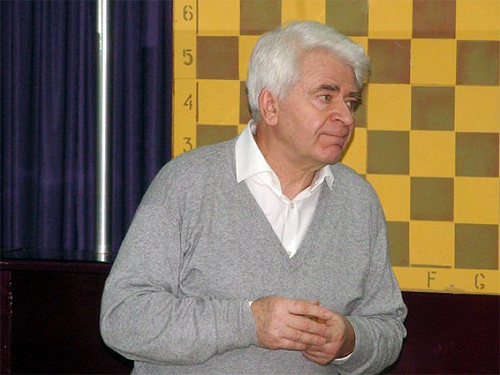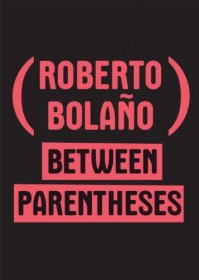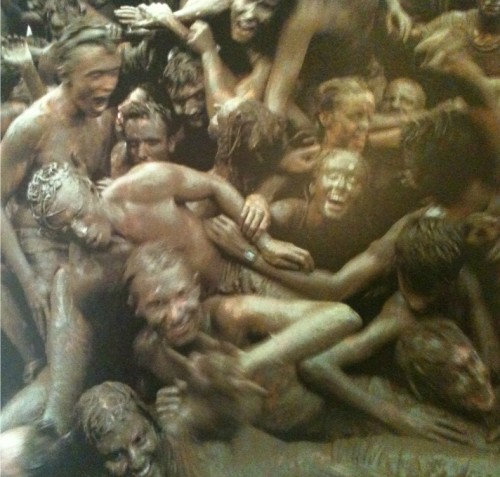The Time I Read a Lot of DeLillo Books and the Things that Happened
It was winter, and I took the bus home, or maybe it was the train, from Massachusetts to New York, so “home” is up for debate, and then a subway, probably, into my little apartment thing with a kitchenette and a big bathroom and no bedroom. Actually, maybe my sister drove me. It’s unimportant. I’d read Part 1 of White Noise, a copy I’d borrowed from the library over winter break. It made me feel happy, the descriptions, the opening chapter which I’d read on the internet several months earlier on a slow day at work. I already knew it was the novel I’d wanted to write the previous summer, the novel I’d abandoned at 30,000 words and character names that seemed true, but also false, and a number of edits that seemed confusing. I laid down on my bed. I think it was mid-morning, or mid-afternoon. The sun was in my window somehow, giving me natural light, but not enough to read by. I read Part 2, and it was about some sort of chemical disaster. I read it in a sitting that day, with the space heater from the bathroom on full blast. Then maybe I slept.
I’d returned from Vermont. We’d stayed at a bed and breakfast, and that week I would announce I was single and she would go to Germany, and I would be unable to read Part 3 of White Noise for several months, glancing through chapters on the subway to Bushwick, feeling drunk after zero beers. By this time, I’d returned my copy to the library and been gifted one from a friend who’d found the author underwhelming. I wondered if I should feel the same. I didn’t. I looked at the words. The sentences. The long paragraphs and the short, sparse dialogue. The radio and the television saying postmodern things. Things I’d later discuss with a friend that seemed similar to Updike’s “A&P” despite his distaste for “postmodernism.”
The semester passed. I was back in the former relationship. Vermont, but actually the next time we went to New Hampshire, stayed in a tent, drank PBR and bourbon and pickle juice. It was 90 degrees and we sweated in a pancake house. This was about two weeks after I’d finished the novel, back in Massachusetts, on a rainy afternoon, within a rainy week, the week before I would start work on a farm and listen to first Blood Meridian on my iPod, and later two other McCarthy novels.
Boris Spassky on Writing

“I also follow chess on the Internet, where Kasparov’s site is very interesting.”
“I don’t want ever to be champion again.”
“Computer defends well, but for humans it is harder to defend than attack, particularly with the modern time control.”
“Time control directly influences the quality of play.”
“I lost to Bobby [Fischer] before the match because he was already stronger than I. He won normally.”
“We were like bishops of opposite color.”
“The power of hanging pawns is based precisely in their mobility, in their ability to create acute situations instantly.”
“The shortcoming of hanging pawns is that they present a convenient target for attack. As the exchange of men proceeds, their potential strength lessens and during the endgame they turn out, as a rule, to be weak.”
“Nowadays the dynamic element is more important in chess – players more often sacrifice material to obtain dynamic compensation.”
“If they had played 150 games at full strength, they would be in a lunatic asylum by now.” – (on Kasparov and Karpov, 1987)
“The place of chess in the society is closely related to the attitude of young people towards our game.”
“When I am in form, my style is a little bit stubborn, almost brutal. Sometimes I feel a great spirit of fight which drives me on.”
“The best indicator of a chess player’s form is his ability to sense the climax of the game.”
“I don’t play in tournaments, but I follow some.”
The 2011 Rona Jaffe winners were recently announced. They include Melanie Drane, Apricot Irving, Fowzia Karimi, Namwali Serpell, and JoAnn Wypijewski and one of my favorite newer writers, Merritt Tierce.
Shitty Youth, a film-in-progress by Adam Humphreys
Adam Humphreys (creator of the documentary Franz Otto) is making a film about Zachary German. Seems exciting. Here’s a sneak clip:
Between Parentheses
 Between Parentheses
Between Parentheses
by Roberto Bolaño
New Directions, 2011
352 pages / $24.95 Buy from Powell’s
Rating: 9.0
“Reading, said Gil de Biedma, is more natural than writing. I would add (redundancy aside) that it’s also much healthier, no matter what ophthalmologists say. In fact, literature is a long struggle from redundancy to redundancy, until the final redundancy.”
– Roberto Bolaño
Between Parentheses
September 6th, 2011 / 12:30 pm
misericords (foul ball!) 11
11. Agatha Christie on a surf board. Jack Kerouac playing football. Simone de Beauvoir (with posing cad Sartre by her side). Etc.
4. The new Diagram is sick like recycled mustache combs.
3. Anderbo.com wishes to post up to the first 36 manuscript pages of an unpublished novel on its website by December 21st, 2011 for at least the following six months. They will look at the FIRST 36 PAGES (up to 9,000 words) of your e-manuscript submitted to editors@anderbo.com and decide within 60 days of its arrival if want to see more.

2. Glow: “I do not want to read, draw, talk or see tonight. I hope this doesn’t last long,” wrote Francesca Woodman, the photographer who used her own naked teenage body in her work and then killed herself at twenty-two. The day she died, according to her father, she found out she’d lost a grant, and she’d had her bike stolen.
2. The best site on Pac-Man I’ve seen so far.
2. Things about Erroll Morris and his eye/s.
2. An old Diane di Prima sonnet sequence.
1. Wow. Édouard Levé.
0. Here is that link to the Sadness Museum.
BlazeVOX Update
Geoffrey Gatza, the editor of BlazeVOX, has issued a statement. In it he writes:
BlazeVOX is not closing its doors.
That said, I feel like I should explain a bit further the co-operative nature of our business model. I am not going to change what we do, but I do acknowledge that perhaps I could communicate what we do a little better.
I, for one, am glad to hear that BlazeVox will not be closing down, and that Gatza has decided to work toward a more transparent policy.
Conversation abounds: Johannes Göransson, Shanna Compton, Michael Kelleher, Craig Santos Perez, Reb Livingston, Collin Kelley, Justin Evans, and Christopher Janke are among the voices to have weighed in on the subject.
A Kingdom of Kings

Whenever a press or magazine closes or threatens to close or when the reality of their dire financial situation comes to light, everyone freaks out as if it is a surprise that small presses and magazines are constantly facing immense financial pressure. When will the economic realities of small press publishing stop being shocking news? At this level, there are too many of us publishing and not enough readers to sustain these efforts. More people want to edit or publish or be published than want to read books that are published. I don’t know a writer who doesn’t support publishing actively, but there are simply not enough of writers to solve this problem, given the sheer volume of presses and magazines out there. As I noted in my last post on this subject, a day doesn’t go by when I receive at least one press release or request from a new press, magazine, collective, or other publishing endeavor. These editors and publishers basically say, “I have a unique vision and I want to share that vision.” They are more invested in the uniqueness and sharing of their vision than supporting the vision of someone else. How many people in Chris Higgs’s post said, “I’m a small publisher”? We are an army of generals, a kingdom of kings.


